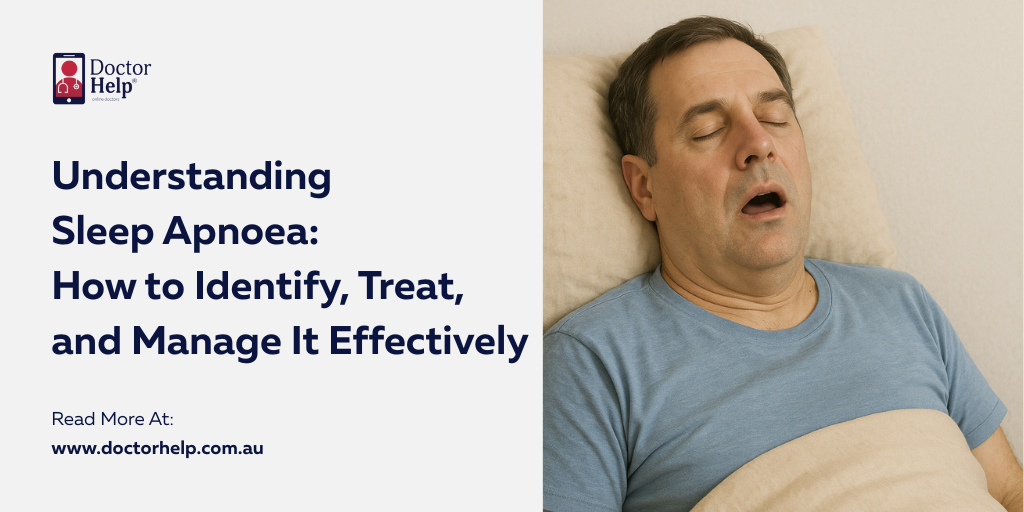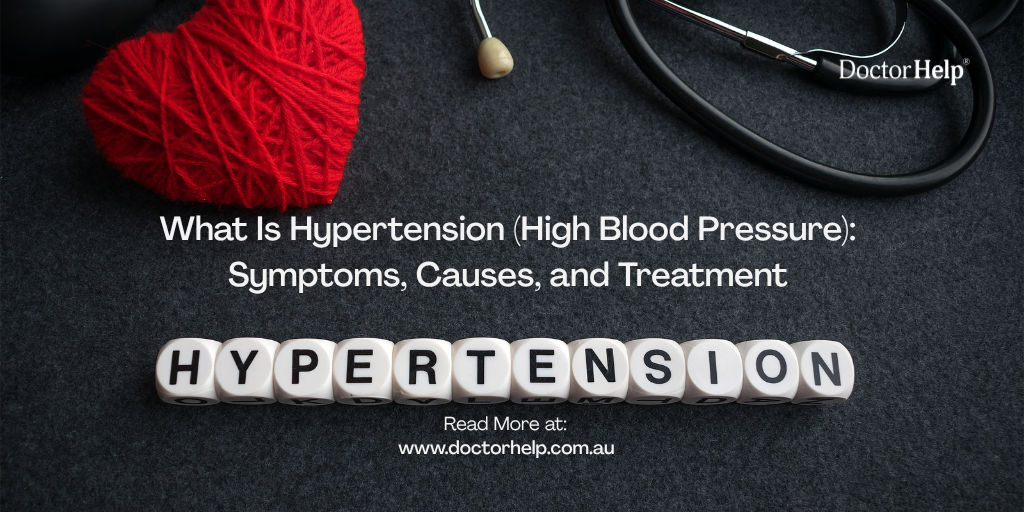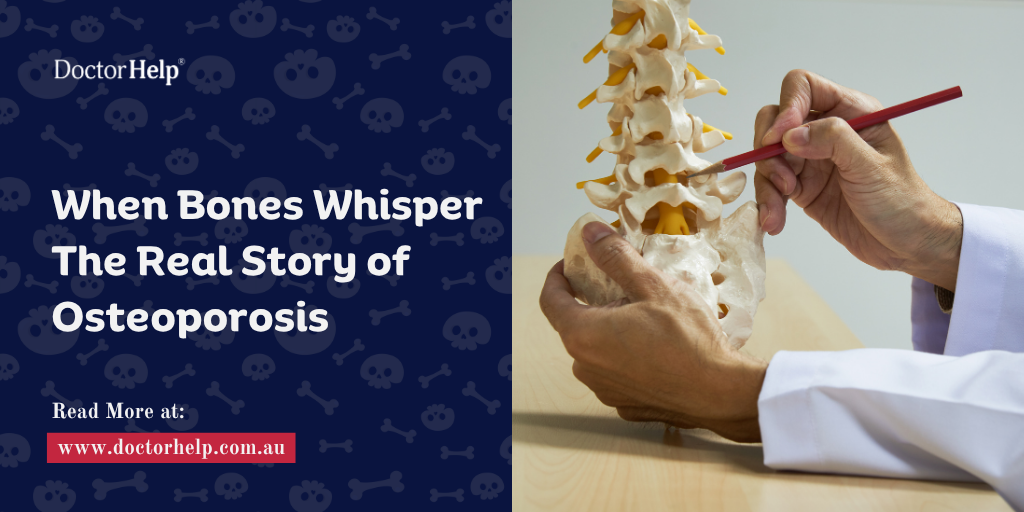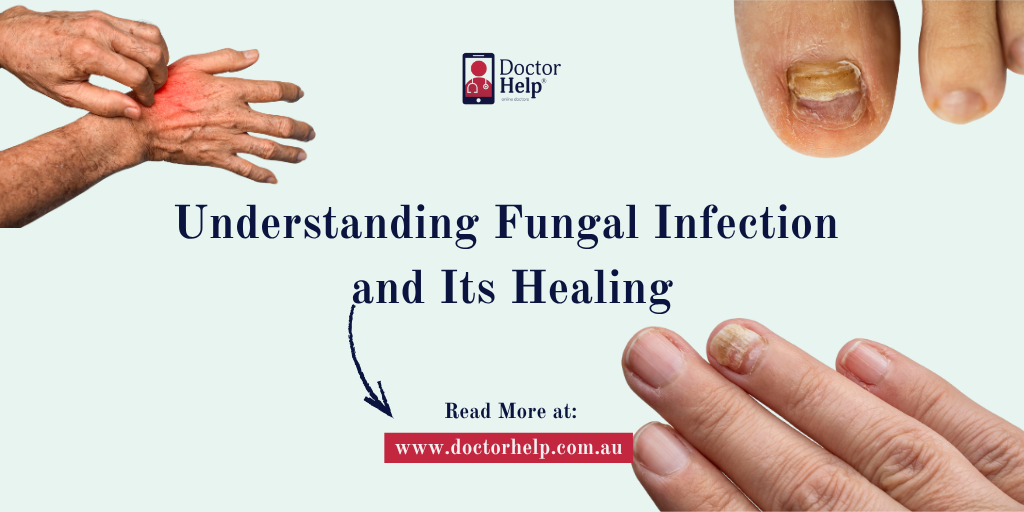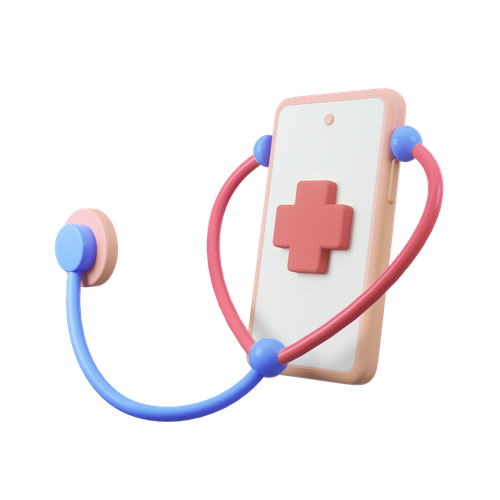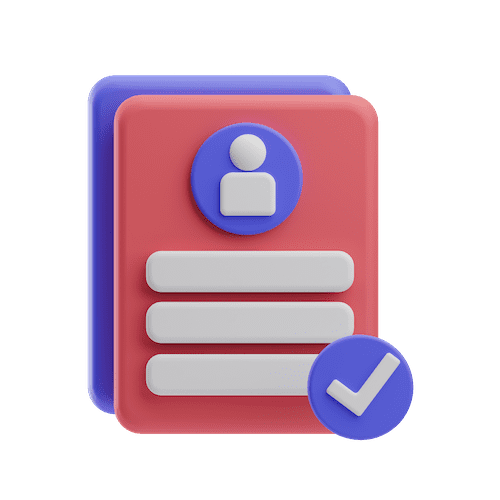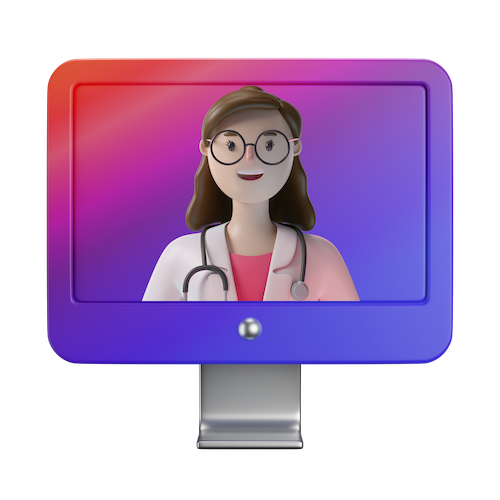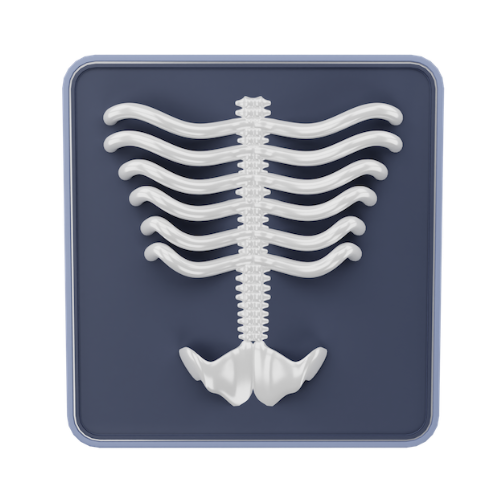Table of Contents
When Sleep Doesn’t Heal You
Sleep is supposed to restore us to tuck the day away, quiet the mind, and steady the body. But what happens when sleep turns into the very thing that drains you?
For thousands of Australians, sleep apnoea does just that. Night after night, breath falters. The body wakes in distress, sometimes without memory of it and morning arrives with a fog that won’t lift.
It’s more than snoring. More than being tired.
It’s a health condition that steals your rest, your focus, your energy and sometimes, your peace.
In this blog we are going to talk about sleep apnoea symptoms, type, causes and remedies.
What Is Sleep Apnoea?
Sleep Apnoea (also spelled sleep apnea) is a condition where a person’s breathing repeatedly stops and starts during sleep. These interruptions can last from a few seconds to over a minute, and they may occur dozens, even hundreds of times per night.
There are two main types:
- Obstructive Sleep Apnoea (OSA): Caused by airway blockage, usually when soft tissue collapses at the back of the throat.
- Central Sleep Apnoea (CSA): Less common, it occurs when the brain doesn’t send proper signals to control breathing muscles.
While both types disrupt restful sleep, obstructive sleep apnoea is the most commonly diagnosed in Australia.
According to Better Health Channel, around 5% of Aussies are experiencing sleep apnoea. Men are statistically more likely to be diagnosed, but sleep apnoea in women is often under-recognised, particularly when it presents without loud snoring.
Sleep Apnoea Symptoms
Many people with sleep apnoea don’t realise they have it. It’s often a bed partner who notices the choking or gasping during sleep or the snoring that never seems to pause.
Common signs of sleep apnoea in adults include:
- Loud, chronic snoring
- Gasping or choking noises during sleep
- Waking up tired, even after a full night
- Daytime fatigue or brain fog
- Morning headaches
- Mood changes, anxiety, or irritability
- Dry mouth or sore throat upon waking
Some also experience difficulty concentrating, poor memory, or even episodes of microsleep during the day which can be dangerous, particularly when driving.
Sleep Apnoea and Snoring: What’s the Difference?
Sleep apnoea can be very simply written off as a bad snoring. However, unlike snoring, which is a noise, apnoea is a silence, a break in breathing that places the body in a state of stress.
All snorers are not sleep apnoeic, however, snoring accompanied by gasping, choking, or excessive daytime drowsiness is an indication that a deeper search should be made.
What Causes Sleep Apnoea?
Sleep apnoea doesn’t have a single cause. Instead, it tends to arise from a mix of anatomical, genetic, and lifestyle factors, such as:
- Obesity (especially around the neck or upper airway)
- Family history; yes, sleep apnoea can be hereditary
- Smoking or alcohol use
- Large tonsils or nasal blockage
- Ageing, which can reduce muscle tone in the airway
- Certain medical conditions, including hypothyroidism, heart failure, and neurological disorders
How Is Sleep Apnoea Diagnosed?
Conventionally, an overnight stay would be required in a sleep clinic to diagnose but nowadays options of getting sleep apnoea test online and home sleep testing are available in majority of Australian states. A home sleep test kit is able to measure breathing patterns, oxygen levels, heart rate, and movements of sleep. These are frequently organized during telehealth sleeping consultations, particularly at the localities of rural or remote populations
Treatment Options for Sleep Apnoea
The good news? Sleep apnoea is treatable and treatment options range from lifestyle adjustments to devices and therapeutic tools.
1. Lifestyle & Behavioural Changes
Often the first step, especially for mild cases:
- Weight loss (even 10% decrease in weight can reduce symptoms)
- Quitting smoking and reducing alcohol
- Adjusting sleep position (side-sleeping may help)
- Improving sleep hygiene and consistency
2. Sleep Apnoea Mouth Guard (Mandibular Advancement Device)
A custom-fitted device worn during sleep to keep the airway open.
Recommended for people with mild to moderate OSA, especially those who can’t tolerate CPAP. Often prescribed via sleep dentists or GPs.
3. Sleep Apnoea Machines (CPAP and APAP)
CPAP (Continuous Positive Airway Pressure) is the gold standard for moderate to severe sleep apnoea. It delivers constant air pressure to keep the airway open during sleep.
The other available options are APAP (Auto-adjusting PAP) machines which automatically vary the pressure to the needs of the user during the night.
The machines are difficult to get used to but many users claim to have experienced significant progression in energy, mood and sleep quality after a few weeks.
4. Surgery or Specialist Referral
In some cases (e.g. large tonsils, nasal blockage), surgery may be an option. Others may need ENT review or sleep physician input for central sleep apnoea or treatment-resistant cases.
Can Sleep Apnoea Be Treated Online?
Yes, telehealth for sleep disorders is now a key part of accessible healthcare in Australia. Through online consultation, you can:
- Get screened for sleep apnoea symptoms
- Arrange a home sleep test kit in Australia
- Receive results and diagnosis
- Discuss options for treatment (including CPAP or mouth guards)
- Access ongoing monitoring and support from sleep-trained GPs and specialists
For people in regional or rural areas, or those who prefer privacy, telehealth sleep apnoea treatment offers a pathway to care that doesn’t require stepping into a clinic.
What Happens if Sleep Apnoea Is Untreated?
Yes. While it might seem like just “poor sleep,” the long-term effects of untreated sleep apnoea are significant.
Health risks include:
- High blood pressure
- Heart disease and stroke
- Type 2 diabetes
- Cognitive decline and memory issues
- Increased risk of workplace or driving accidents
- Mental health challenges like depression and anxiety
Sleep apnoea is not just a sleep issue; it’s a whole-body issue. And early treatment can prevent years of complications.
Is Sleep Apnoea Hereditary?
Yes it has to do with genetics too. There is a higher chance of being at risk in case a close family member has sleep apnoea; particularly in cases when the member also snores, has difficulty in fighting fatigue or has undergone treatment.
The family can inherit the situation, in terms of facial structure, neck circumference, even the tone of throat muscles. Genes alone do not make up the entire story, other factors also influence risk which are lifestyle and health habits.
Final Thoughts
Sleep apnoea does not usually shout. And other times it is subtle, such as the shallow breaths, the gentle snores, or the weariness pangs that will never completely pass away.
It is in sleep that the body recuperates, the mind relaxes and where the healing process starts. And you deserve all of that, every night.
If something feels off; if you wake unrefreshed, struggle to focus, or just suspect your sleep isn’t doing its job, trust that feeling. Sit down and figure out how much you can have. Ask the questions. You don’t have to lose your nights to win your days, and if you need to, speak with an online doctor who can help you make sense of what your body’s been trying to say.
References:
- Sleep Apnea | Sleep Disorders Australia. (n.d.-b). SleepOz.
https://www.sleepoz.org.au/sleep-apnea - Department of Health & Human Services. (n.d.-b). Sleep apnoea. Better Health Channel.
https://www.betterhealth.vic.gov.au/health/conditionsandtreatments/sleep-apnoea - Sleep Health Foundation. (2024, January 12). Treatment options for Obstructive Sleep apnoea (OSA).
https://www.sleephealthfoundation.org.au/sleep-disorders/treatment-options-for-obstructive-sleep-apnoea-osa - Healthdirect Australia. (n.d.). Obstructive sleep apnoea (OSA).
https://www.healthdirect.gov.au/obstructive-sleep-apnoea - Sleep Apnoea | Sleep Health Foundation. (n.d.).
https://www.sleephealthfoundation.org.au/sleep-categories/sleep-apnoea - Summer, J. V., & Summer, J. V. (2025, July 14). Is sleep apnea genetic? Sleep Foundation.
https://www.sleepfoundation.org/sleep-apnea/is-sleep-apnea-genetic

